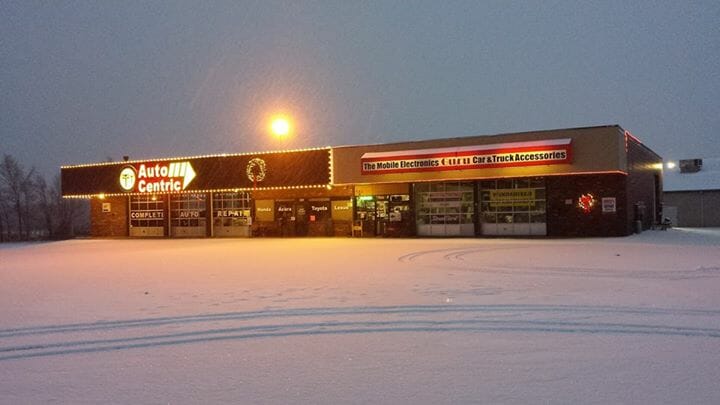Weather Emergencies and the Fair Labor Standards Act

In our last blog we discussed the advisability of businesses having a written policy for how the business will operate during bad weather. During an extreme weather event, short or prolonged, one question that will inevitably arise, after safety considerations, is “Will I get paid if the shop closes?” In this blog we’ll go over what the Fair Labor Standards Act (FLSA) requires in these situations and how this varies based on worker classification and how long the business remains closed during a weather event or natural disaster.
Fair Labor Standards Act Requirements
The FLSA differentiates between non-exempt, or hourly, employees and exempt, or salaried, ones. Employers are only required to pay hourly workers for the hours they worked. If the auto shop closes and the employee doesn’t work, the auto shop does not have to pay him, no matter what the emergency is. If he comes in and works an hour before the shop decides to close, the shop must only pay him for that hour. However, if the employee comes in to work and cannot leave because the weather is so bad and continues to work, the business must pay him for those hours including overtime pay.
In contrast, auto shops must always pay exempt workers if they work any portion of the work week. If the shop closes, exempt workers still get paid. If the shop sends them home early because the weather is worsening or there is a pending natural disaster, they must be paid for the entire day. If the auto shop closes for the week, they must be paid for the entire week if they worked any part of it. Employers do not have to pay their exempt workers if those workers did not work at all that week, however. Of course, if the shop remains open, but an employee decides not to come in because the weather is bad, the shop does not have to pay him at all.
State Requirements
This blog covers only what the FLSA requires. States may have their own laws about employee pay, and some cities may add their own labor laws to the mix. It’s important that business owners are aware of any additional laws. Some states do have “report-in” laws that guarantee non-exempt employees be paid for a minimum number of hours if they show up to work but are sent home earlier than they were scheduled to work.
Paid Time Off
According to the FLSA companies do have the option of requiring both their non-exempt and exempt employees to use paid time off (PTO) for weather emergencies or natural disasters.
In an ideal world, an auto shop would be able to pay all employees for hours not worked when there is a weather event or natural disaster like the recent hurricanes and wildfires. Unfortunately, many auto repairs shops cannot afford to continue to pay workers when the shop is closed and has no customers. All businesses must follow the requirements of the Fair Labor Standards Act, but shops may also choose to pay above what the FLSA mandates. That is up to them and their bottom line. What’s most important is that employers and employees have the same expectations about what pay they are owed in case the business closes in a weather emergency. As such this should all be outlined in the company’s employee handbook.


Responses